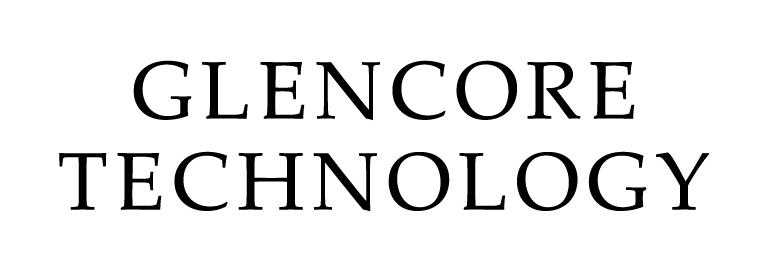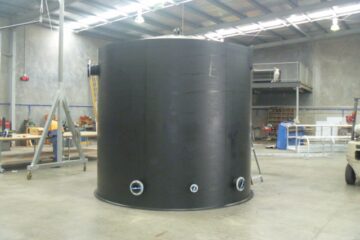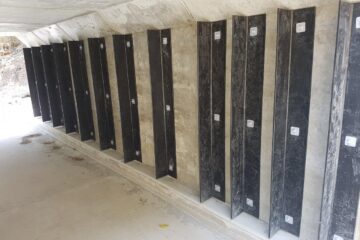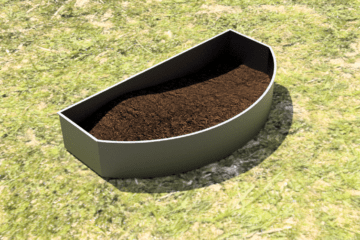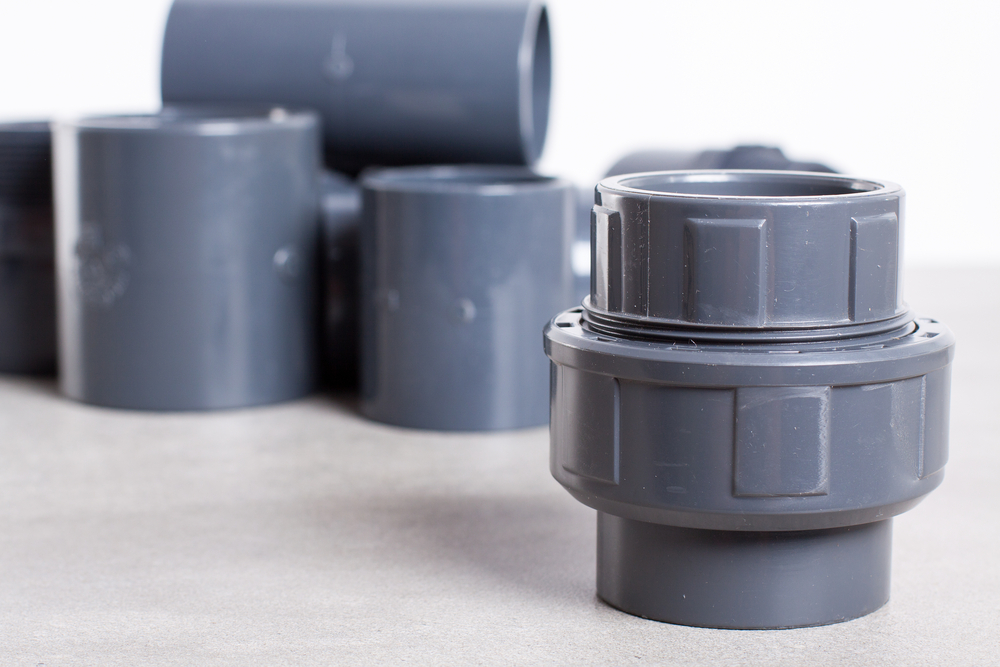
PVCu is an incredibly versatile material with a wide range of industrial applications. It’s often used as an alternative to regular PVC, but what are the differences between these two materials? In this blog post we’ll take a look at exactly that: What makes PVCu different from regular PVC and why should engineers, designers, and specifiers consider using it in their projects? We’ll also explore some of the key benefits associated with choosing this strong, durable plastic for your industrial needs.
Table of Contents:
- What is PVCu?
- Applications of PVCu
- Differences Between Regular PVC and PVCu
- Benefits of Using PVCu in Industrial Applications
- FAQs in Relation to Pvcu
- What are the advantages of using PVCu for industrial applications?
- How is PVCu different from other plastics used in industrial fabrication?
- What type of maintenance is required to keep PVCu products functioning properly?
- Are there any safety concerns associated with working with PVCu materials?
- Is it possible to customize a product made from PVCu for specific needs or requirements?
- Conclusion
What is PVCu?
Definition of PVCu:
PVCu (polyvinyl chloride unplasticized) is a type of plastic that has been used in industrial applications for decades. It is made by combining polyvinyl chloride resin with various additives, such as stabilizers and lubricants, to create a material that can be formed into shapes and objects. PVCu offers excellent resistance to corrosion, abrasion, impact, chemicals, and temperature extremes.
Properties of PVCu:
PVCu has several unique properties which make it an ideal choice for many industrial applications. It is lightweight yet strong enough to withstand high pressures and temperatures; it also resists UV radiation better than other plastics. Additionally, its low thermal conductivity makes it well-suited for insulation purposes while its smooth surface allows for easy cleaning and maintenance. Finally, due to its chemical stability it does not require additional treatments or coatings after fabrication.
Advantages of PVCu:
The advantages of using PVCu are numerous; the material’s strength-to-weight ratio makes it suitable for use in large structures where weight savings are important factors while its durability ensures long life expectancy even when exposed to harsh environments or extreme temperatures over time. Its low cost compared to other materials further adds to the appeal since this helps keep costs down without sacrificing quality or performance levels. Furthermore, because no additional treatment or coating is required after fabrication there are no extra costs associated with these processes either making this an economical option overall.
PVCu is an incredibly versatile material that can be used for a variety of industrial applications. In the next section, we will explore how PVCu is being used in the mining, manufacturing, and water treatment industries.
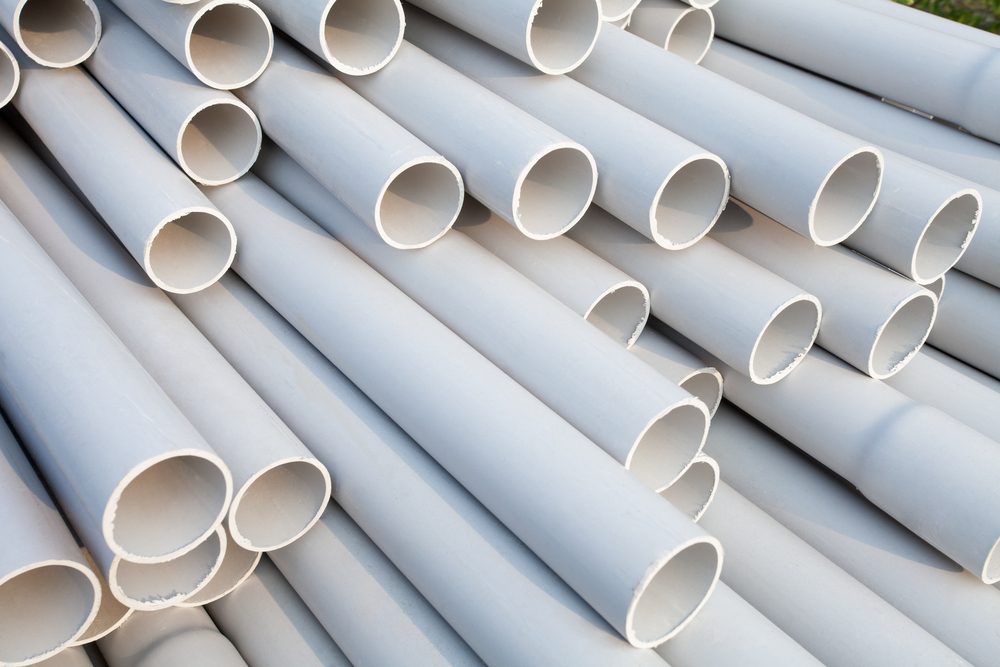
Applications of PVCu
It is strong, durable, and cost-effective, making it an ideal choice for industrial applications.
Mining Industry Uses: PVCu has been used extensively in the mining industry due to its strength and durability. It can be used to construct pipes, tanks, valves, and other components that are needed for underground operations. PVCu also offers excellent corrosion resistance which makes it suitable for use in harsh environments such as mines where there may be high levels of moisture or chemicals present. Additionally, PVCu is lightweight so it’s easy to transport and install underground without the need for heavy machinery or equipment.
Manufacturing Industry Uses: The manufacturing industry relies heavily on materials like PVCu due to its low cost and versatility. It can be used to create components such as conveyor belts, machine parts and packaging containers which are all essential items within any manufacturing process. In addition, since PVCu does not corrode easily when exposed to certain chemicals or solvents it makes an ideal choice for use in production lines where these substances may come into contact with the material during operation.
The water treatment industry requires materials that are able to withstand exposure to various types of liquids including wastewater from sewage systems or contaminated water sources from rivers or lakes etc. As a result, PVCu is often chosen because of its ability to resist corrosion even when submerged underwater over long periods of time without losing structural integrity or becoming damaged by chemical reactions with contaminants present in the liquid mediums being treated. Furthermore, this type of plastic also provides superior insulation properties compared with other materials, meaning less energy will be required during the processing stages.
PVCu is a versatile material with many applications in various industries, from mining to water treatment. In the next section, we will explore the differences between regular PVC and PVCu.
Differences Between Regular PVC and PVCu
PVCu, or unplasticized polyvinyl chloride, is a type of plastic that has been modified to increase its strength and durability. It is used in many industrial applications due to its resistance to corrosion and chemicals. Regular PVC (polyvinyl chloride) is a different material with slightly different properties. Here are the key differences between regular PVC and PVCu:
Chemical Composition Differences: Regular PVC contains plasticizers which make it softer than PVCu. This makes regular PVC more flexible but also less durable than the unplasticized version. The chemical composition of regular PVC can also be affected by temperature changes while the chemical composition of PVCu remains unchanged over time and temperature variations.
Regular PVC has lower tensile strength compared to unplasticized versions, making it less suitable for heavy-duty industrial applications where high levels of stress may be present. On the other hand, the higher tensile strength of unplasticized versions makes them ideal for these types of uses as they can withstand greater forces without breaking or cracking under pressure. Additionally, regular PVC tends to have lower impact resistance compared to unplasticized varieties so it should not be used in areas where impacts could occur such as around machinery or equipment with moving parts that could cause damage if hit by flying debris from an accident or malfunctioning machine part.
PVCu offers superior performance characteristics, durability, and environmental benefits when compared to regular PVC, making it an ideal choice for industrial applications. This section explored the differences between these two materials; now let’s look at the benefits of using PVCu in industrial applications.
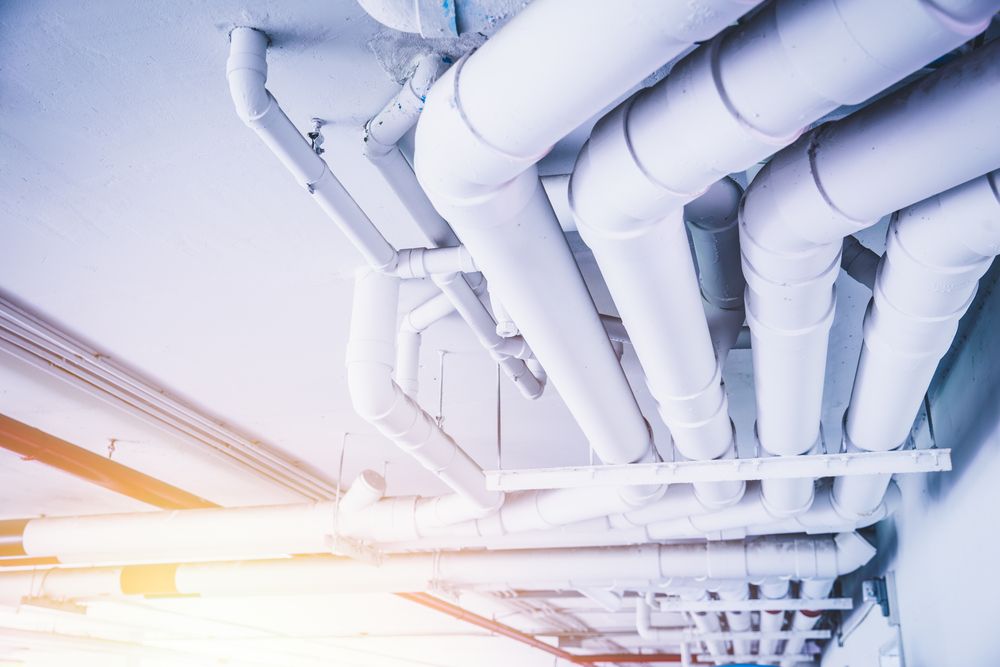
Benefits of Using PVCu in Industrial Applications
PVCu products are easy to maintain and care for with the right tips and tricks.
Cost Savings Benefits: PVCu is an economical choice for many industrial applications because it requires less energy to manufacture than other materials like metal or wood. It also lasts longer than those materials, which means fewer replacements over time. Additionally, PVCu can be recycled after use making it even more cost-effective.
Durability Benefits: PVCu is highly resistant to corrosion from chemicals and moisture making it ideal for industries such as mining, water treatment, manufacturing, and agriculture where these elements are present in abundance. The material’s flexibility makes it suitable for tight spaces or areas with frequent vibration or movement without compromising its strength or integrity over time.
Environmental Benefits: As mentioned above, one of the major advantages of using PVCu is that it can be recycled after use instead of ending up in landfills like some other materials do when they reach their end-of-life stage. This reduces waste while still providing the same performance benefits as non-recyclable options would have provided initially at a lower cost too.
Maintenance & Care For PVCU Products: Cleaning Tips For PVCU Products – Regular cleaning helps keep your product looking great while extending its life span significantly by removing dirt build-up which could otherwise cause damage if left unchecked over time. A mild detergent solution should be used on any surface made from this material followed by rinsing off with clean water afterward so no residue remains behind on the surface.
Repair Tips For Damaged Pvcu Products – If you find yourself needing repairs done on your product then there are several methods available depending upon what type of damage has occurred including welding (for cracks), patching (for holes), and gluing (for small tears). All three techniques require specialized tools but will ensure that your item looks good as new once again without having to replace anything unnecessarily.
FAQs in Relation to Pvcu
What are the advantages of using PVCu for industrial applications?
It offers superior strength and durability, making it an excellent choice for long-term use in harsh environments. Its low cost and ease of installation make PVCu a great option for projects on tight budgets or with limited timeframes. Additionally, its chemical resistance makes it suitable for use in water treatment plants and other areas where contact with corrosive materials is likely. Finally, its lightweight nature allows it to be easily transported and installed without the need for heavy machinery or specialized tools. All these factors combine to make PVCu an ideal choice when selecting materials for industrial applications.
How is PVCu different from other plastics used in industrial fabrication?
PVCu (Polyvinyl Chloride Unplasticized) is a type of plastic that has been used in industrial fabrication for many years. It offers superior strength and durability compared to other plastics, making it ideal for use in applications such as piping systems, window frames, and electrical insulation. PVCu also has excellent resistance to corrosion and chemicals, making it suitable for use in water treatment plants or other harsh environments. In addition, PVCu can be easily machined into complex shapes with minimal waste material. Finally, the low cost of PVCu makes it an attractive option for companies looking to save money on their industrial fabrication projects.
What type of maintenance is required to keep PVCu products functioning properly?
PVCu products require regular maintenance to ensure they remain in optimal condition. This includes cleaning the surface with a mild detergent and warm water, checking for signs of wear or damage, and lubricating moving parts regularly. Additionally, it is important to check all seals and gaskets for leaks or cracks, as well as inspect any exposed fasteners for rust or corrosion. Finally, if necessary, apply protective coatings such as paint or sealant to protect against UV radiation and other environmental factors. With proper care and maintenance, PVCu products can last many years without needing replacement.
Are there any safety concerns associated with working with PVCu materials?
Yes, there are safety concerns associated with working with PVCu materials. It is important to wear protective clothing and equipment when handling these materials as they can cause skin irritation and breathing difficulties due to the release of volatile organic compounds (VOCs). In addition, it is important to ensure that all work areas are well-ventilated in order to reduce exposure to VOCs. Finally, proper disposal of scrap material must be followed in order to avoid environmental contamination.
Is it possible to customize a product made from PVCu for specific needs or requirements?
Yes, it is possible to customize a product made from PVCu for specific needs or requirements. Our team of experienced engineers and designers can work with you to create a custom solution that meets your exact specifications. We use the latest technology and materials to ensure our products are built to last in even the toughest industrial environments. With decades of experience in the industry, we guarantee quality results every time.
Conclusion
In conclusion, PVCu is a highly versatile and durable material that has many applications in industrial settings. It offers superior strength and resistance to corrosion compared to regular PVC, making it an ideal choice for projects where longevity and performance are key considerations. With its low cost of production and wide range of customization options, PVCu can be tailored to meet the needs of any project or industry. For these reasons, pvcu is becoming increasingly popular among engineers, designers, specifiers, and industrial companies alike.
If you’re in the mining, manufacturing, water treatment, or agriculture industries and need reliable PVCu products that are designed to last, then look no further than Industrial Plastics. Our experienced team of professionals can provide custom-made solutions tailored specifically to your needs. With our commitment to quality materials and workmanship, we guarantee superior performance at competitive prices – so don’t hesitate any longer – contact us today!

